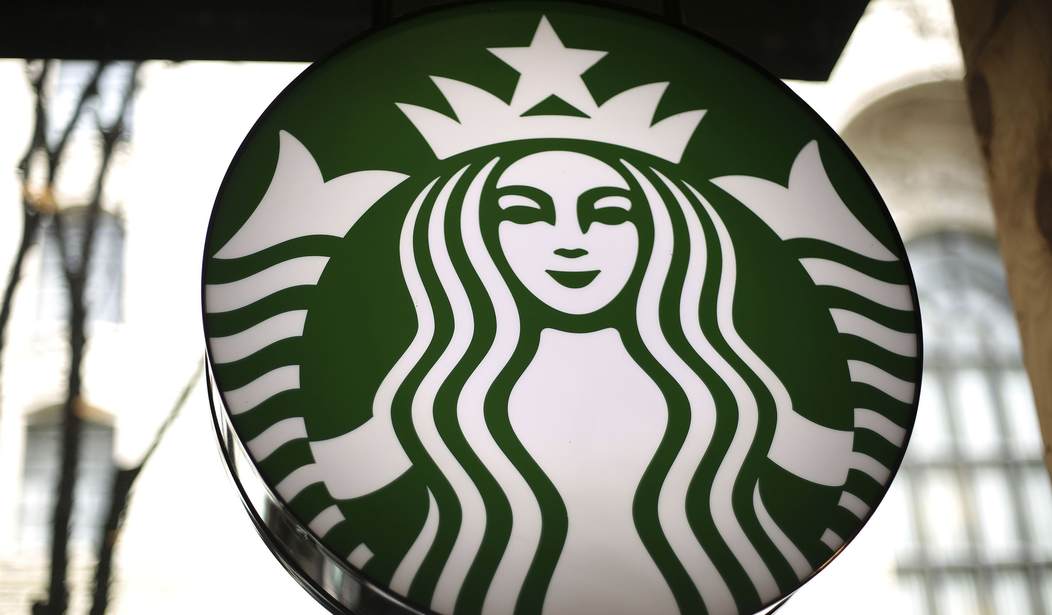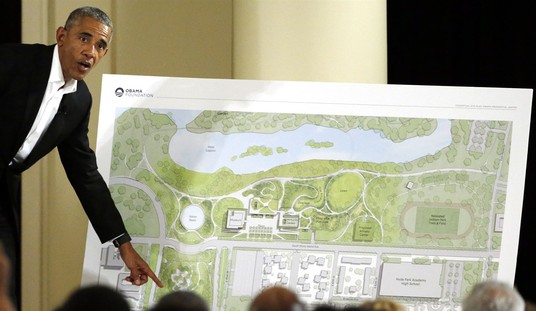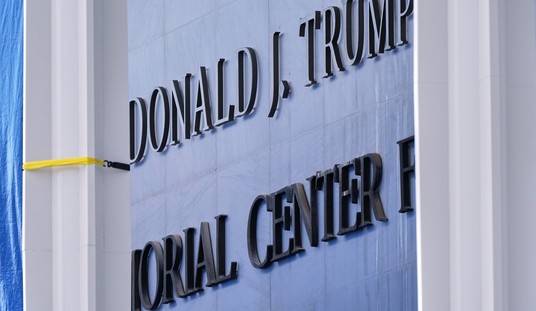In 2018, Starbucks found itself mired in controversy when a manager at one of its Philadelphia stores denied two black people the use of the public restroom because they hadn’t bought anything.
The manager called the cops, the cops arrested the black guys, and activists had a ready-made, prime-time, wall-to-wall media event that resulted in Starbucks opening its bathrooms to anyone and everyone.
The results were predictable. Gangs took over several Starbucks stores in big cities, homeless crazies wandered in and out of the stores, and customers took their lives in their hands even time they walked through the door.
It was bad for business.
Now Starbucks CEO Howard Schultz is having second thoughts about that terribly woke, terribly dangerous policy and told the New York Times that the company is considering “hardening” its stores, which includes closing the bathrooms to all but paying customers.
Schultz blames a “mental health crisis” for the move.
But on Thursday Mr. Schultz said that a growing mental health problem was making it difficult for his company’s employees to manage its stores under the current policies. Mr. Schultz said that the decision was an “issue of just safety” and that he thought Starbucks might have to put policies in place that limit the number of non-customers who come into its stores.
“We have to harden our stores and provide safety for our people,” Mr. Schultz said. “I don’t know if we can keep our bathrooms open.”
“There is an issue of just safety in our stores, in terms of people coming in, who use our stores as a public bathroom, and we have to provide a … safe environment for our people and our customers,” Schultz told the Times’ Andrew Ross Sorkin.
Schultz believes that mental health is the government’s problem.
On Thursday, however, Schultz appeared to express uncertainty that Starbucks would be able to provide safe spaces for the public, especially during what he feels is a worsening mental-health crisis in the country.
“Again, Starbucks is trying to solve a problem and face a problem that is the government’s responsibility,” Schultz said. “And when I think about the issues that we, our business is facing and the challenge that our people are facing, almost every, every question you ask is a question about what the government’s responsibility is, and what I realize more and more, the government is no longer gonna solve any of these problems.”
“No longer” going to solve any of these problems? From what planet did Mr. Schultz come? It’s never been the “government’s problem” to solve the mental health “crisis” — an uncertain crisis at best.
The “mental health crisis” was created by the government. And Schultz is asking the government to deal with it?
With the best of intentions, mental health advocates want seriously ill people to roam our streets — homeless, unemployable, and tragedies waiting to happen. “He’s only dangerous when he doesn’t take his medication” is what these advocates tell families whose loved one has been injured or killed by a “perfectly harmless” homeless person.
It’s true that the asylums and hospitals for the mentally ill in the past were hell-holes that no human being deserved to be locked away in. But drug regimens have improved exponentially. Once the right drug and the right dosage are found, even severely ill people can function in society without being a threat.
The problem is getting homeless and severely mentally ill people to take the drugs that would render them harmless. For that, they need a caretaker — usually a family member — to care for the afflicted person.
They don’t need “the government” beyond needing someone to coordinate the caregiving — something local and state governments are well-suited to do. Schultz is frustrated, but he should stick to making customers feel safe when they go into a Starbucks to pick up their morning coffee.










Join the conversation as a VIP Member